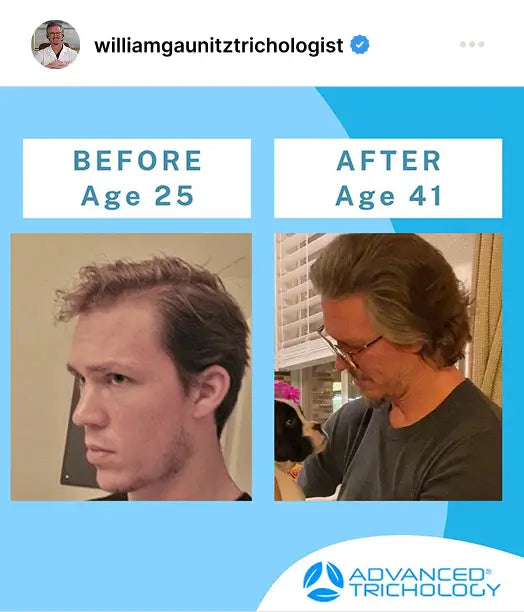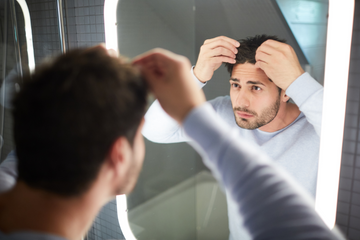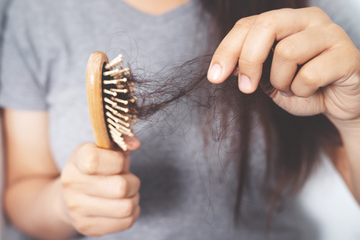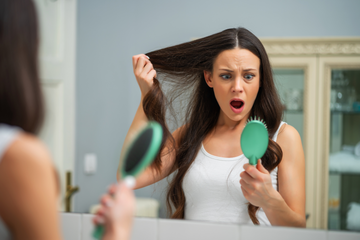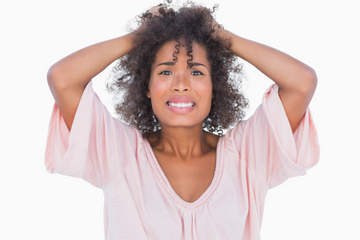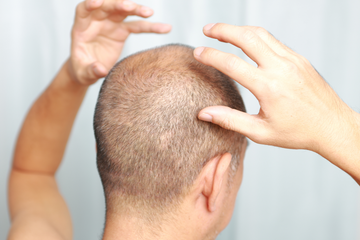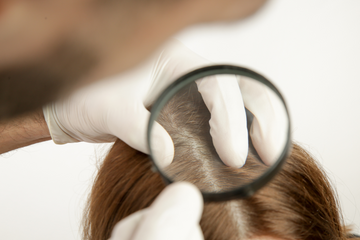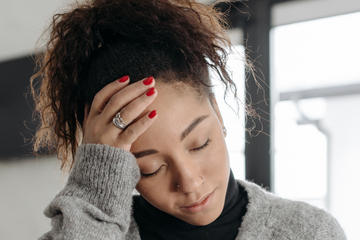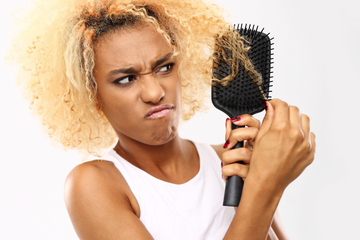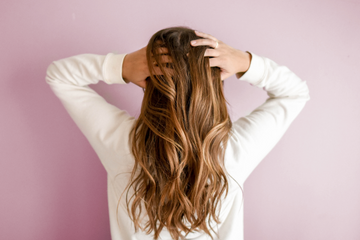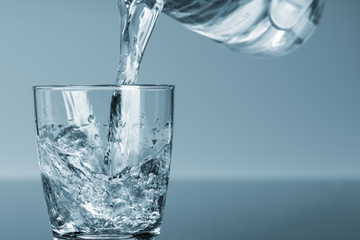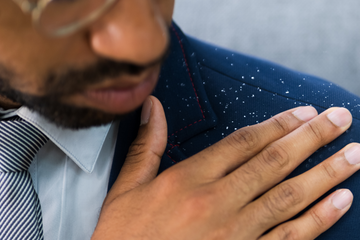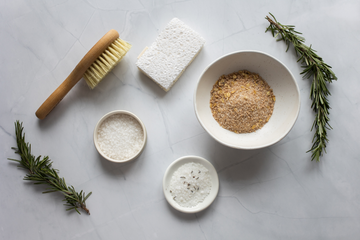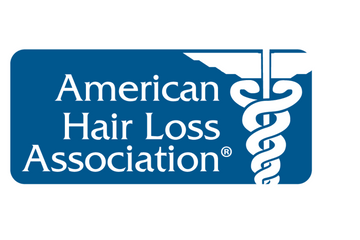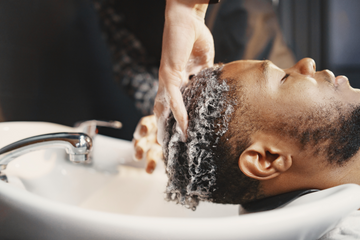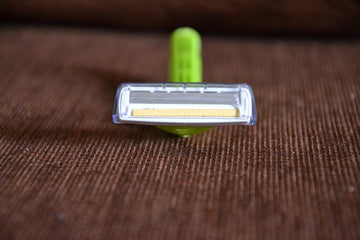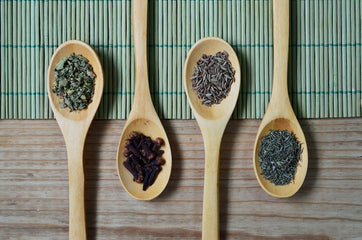Dandruff and dry scalp are often confused for each other or other scalp conditions, preventing people from getting the proper treatments. Certified trichologist and founder of Advanced Trichology, William Gaunitz, FWTS, helps us break down the two conditions to help you better understand what you might be dealing with.
Dandruff
Dandruff is caused by fungus on the scalp that is increasing in numbers and that consumes the sebum omitted from the hair follicles. As it does this, it allows for dead skin cells to stick together and fall off of the scalp.
Normally, this fungus is controlled by the immune system, but there are other factors that may lower the scalp immune state like low vitamin D3 or ferritin, genetic history, a high-inflammatory diet, aggravating hair and scalp products, or allergies.
If you’re experiencing dandruff, the following products might help:
Dry Scalp
Dry scalp is simply an issue with the lack of hydration in the epidermal layer of the scalp. There is typically no flaking or itching when it comes to dry scalp. Similar to when you have dry skin, your scalp just needs the appropriate amount of hydration.
Products that may help treat your dry scalp include:
- EFA Complete
- HairSTEM Conditioner (can be used after any shampoo)
- FoliGROWTH Vitamin
- Follicle Stimulator Spray
Key Differences Between Dandruff and Dry Scalp to Keep in Mind
There are a few key differences between dandruff and dry scalp that may help you better understand the two:
- Dandruff is an actual medical condition caused by an elevation of fungus on the scalp
- Dry scalp is simply a hydration issue that won’t actually cause flaking
- Genetics can play into dandruff but not dry scalp
Now that you know more about the differences between dandruff and dry scalp, you can better focus your efforts into treating the actual problem at hand.
Read more about what William Gaunitz, FWTS, has to say about dandruff and dry scalp on Byrdie!
Learn more about scalp health at www.AdvancedTrichology.com, and follow us on Instagram at @AdvancedTrichology.

